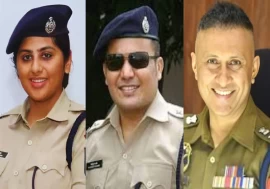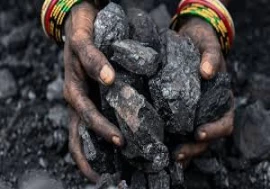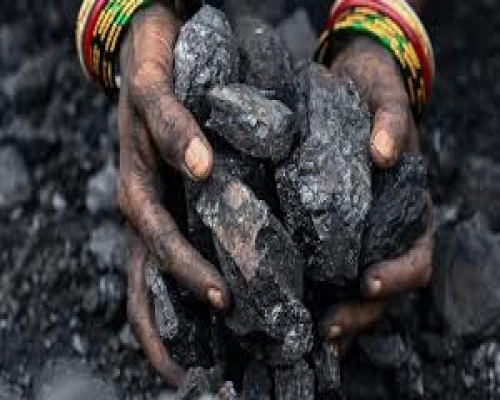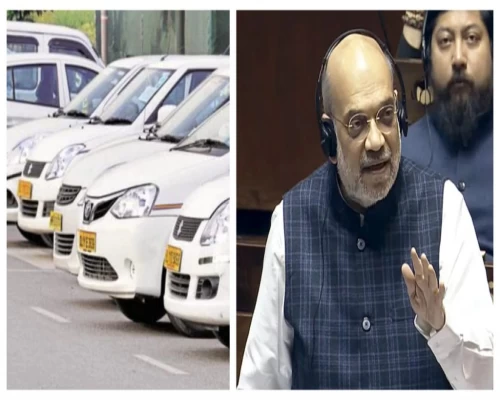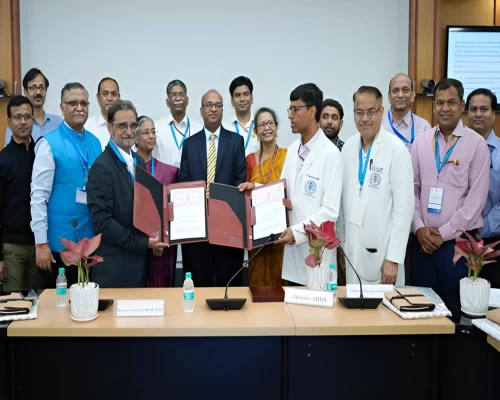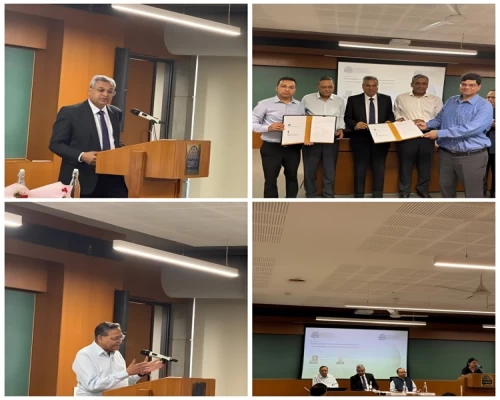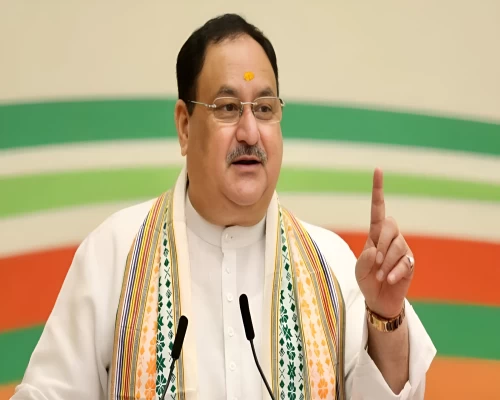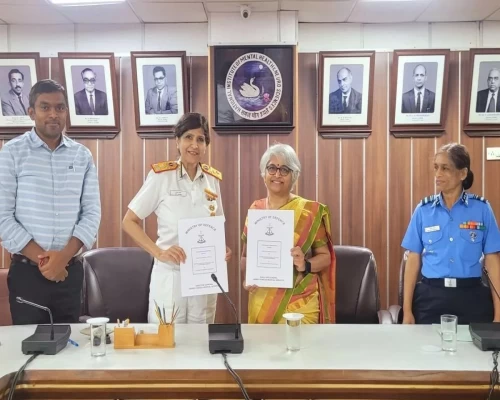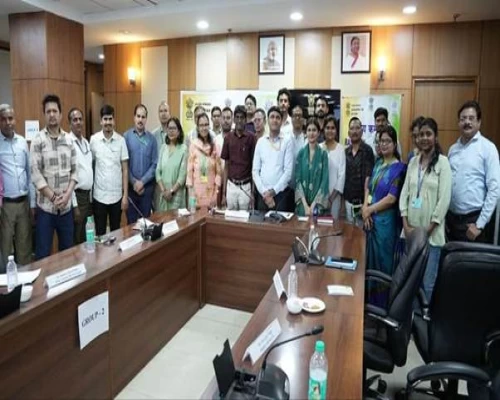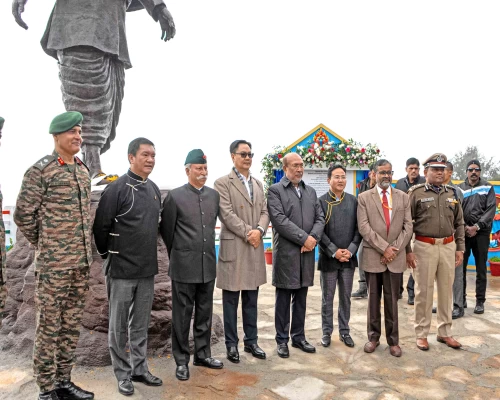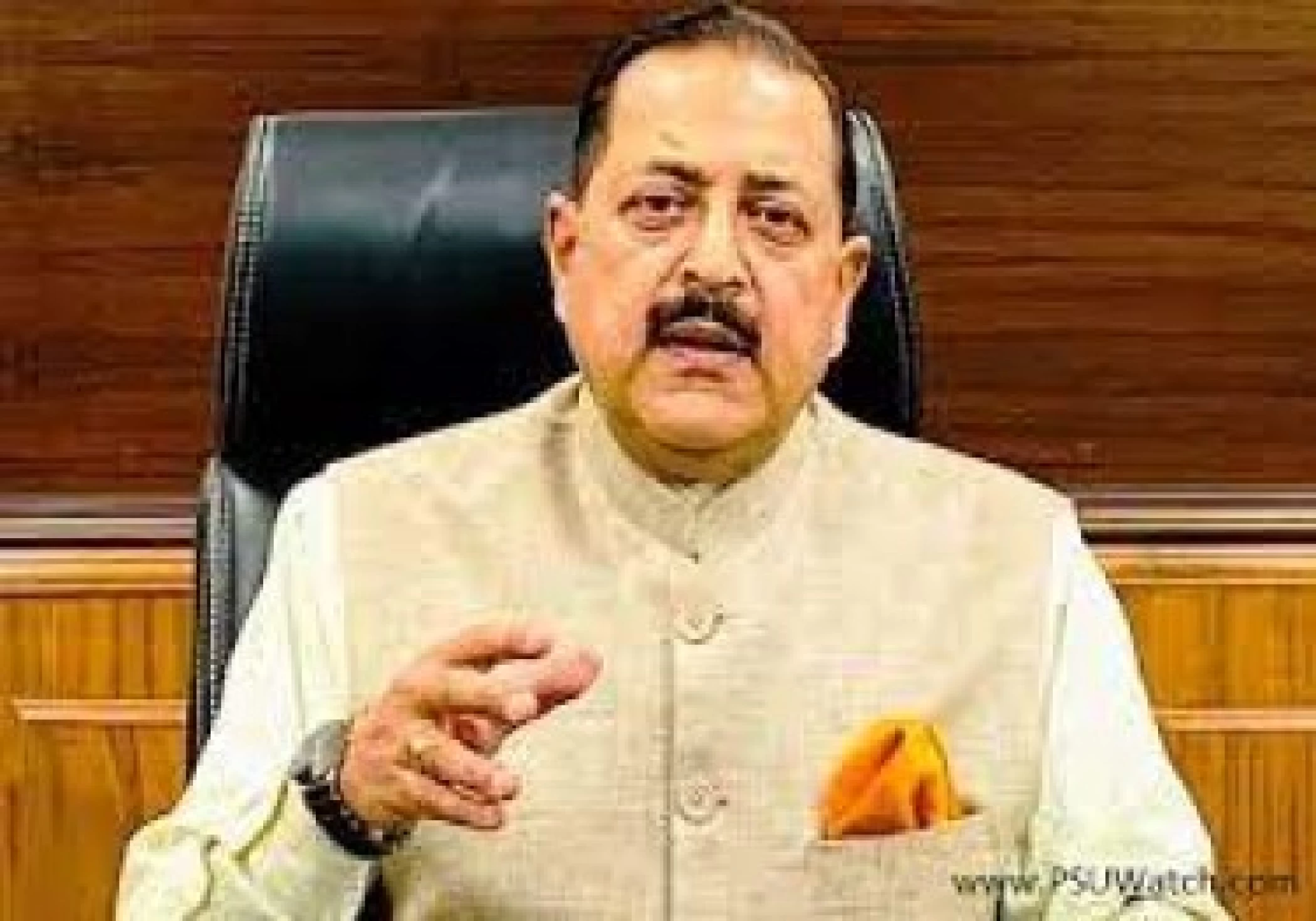
New Delhi: Facing the shortage of all India Services Officers, the Centre has again raised the issue of sparing more officers for central deputation and also sought the cooperation of states in weeding out inefficient and corrupt employees.
The request came during the annual conference of Principal Secretaries of States and Union Territories (UTs), held to deliberate on personnel, general administration, and administrative reforms related work here on September 28.
Addressing the conference, Union Minister of State for Personnel Jitendra Singh said that an all India Service Officer is an important interface of the government, both within the States as well as at the Centre, and the cadre management of all India services needs to be followed in true spirit.
Only 10 per cent mid-level IAS officers were posted for the central deputation in 2021, a sharp fall from 19 per cent in 2014. The decrease in central deputation of IAS officers becomes even more stark as the total pool of such officers at the level expanded from 621 in 2014 to 1130 in 2021, an increase of around 80 per cent.
What Is Central Deputation?
There are three All India Services – Indian Administrative Service (IAS), Indian Police Service (IPS) and Indian Forest Service (IFoS). These officers are allocated a cadre, which is either a state or a group of states, or States and Union Territories. Every year the Centre chooses officers from an offer list of All India Services Officers.
Once posted, these officers work for Central ministries, other states or any other entity, rather than for the state governments they originally reported to. Under the existing law (Rule 6 (1) of the IAS (Cadre) Rules, 1954), the Union government can transfer officers to its services only with the approval of the State Government.
Centre Seeks Change of Law
To tide over the shortage of officers, the Centre had in December last year proposed changes in the service rules that give it overriding power to decide on the central deputation of the IAS, IPS, and IFoS officers.
The existing rules allow mutual consultation between the Centre and the state while deciding on deputation of these officers.
At present this matter is under consideration of the central government as almost all the opposition ruled states including Odisha, West Bengal, Maharashtra, Kerala, Tamil Nadu, Telangana, Chhattisgarh, Jharkhand, and Rajasthan had opposed the move. Many states had opposed the Centre’s move citing that this was “against the spirit of cooperative federalism”.
Present Scenario
Most States are not meeting their Central Deputation Reserve (CDR) obligations and the number of officers sponsored by them to serve at the Centre is much lesser. Every cadre is allowed a CDR to ensure that officers have the opportunity to work on central deputation, which adds to their experience.
Given the fact the India Services Officers are important interface for both the State and Union Governments, the Centre to maintain a high standard of efficiency, bring in good governance and also weeds out the deadwoods carries out intensive review of service records of members of the services which has been provided under Rule 16(3) of All India Services (Death-cum-Retirement Benefits) Rules, 1958.
During the current year, the central government has successfully allotted 180 IAS officers through civil services examination and around 434 vacancies have been determined for recruitment through induction from state services that are to be filled up soon. /BI/


